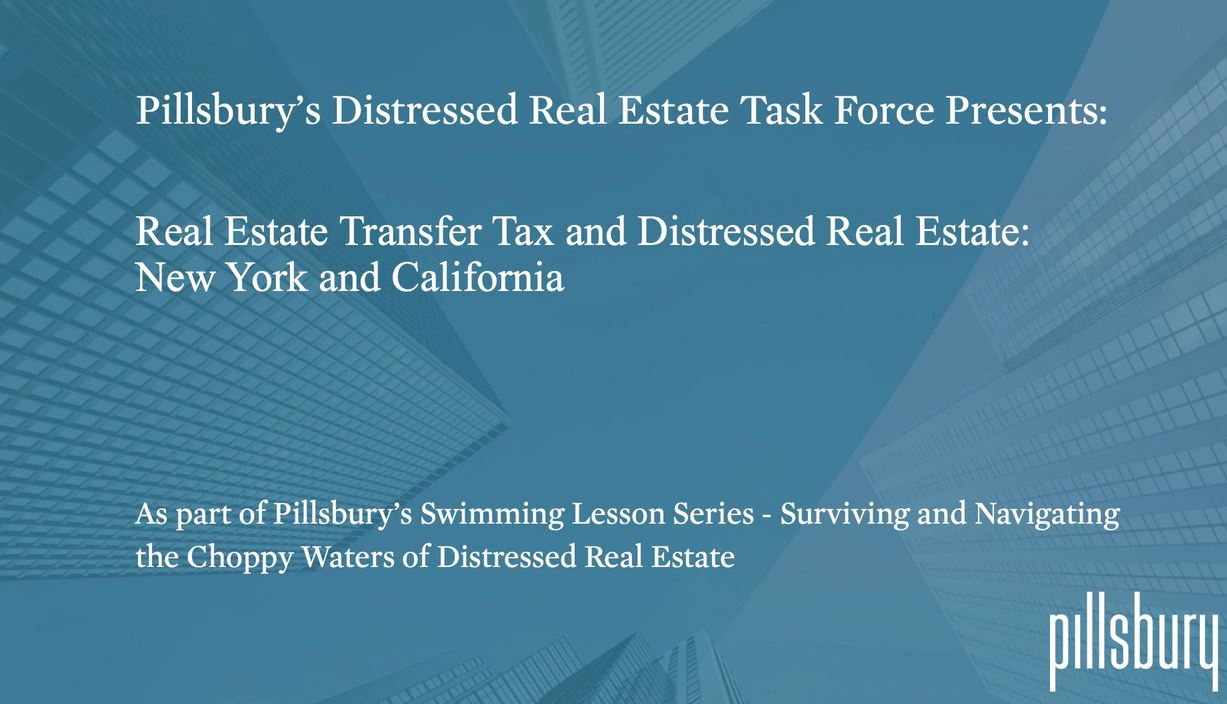 “Hey Siri…” “Alexa…” “Okay Google…” These are just some of the buzzwords and phrases that have entered day-to-day vocabulary as a result of the explosion of smart technology. Internet of Things (IoT) devices are in our cars, in our workplaces and on our bodies. But nowhere is smart technology more prevalent than in our homes. The array of services that are available coupled with the growing number of companies and service providers eager to innovate, should only grow this technology’s market share in the coming years.
“Hey Siri…” “Alexa…” “Okay Google…” These are just some of the buzzwords and phrases that have entered day-to-day vocabulary as a result of the explosion of smart technology. Internet of Things (IoT) devices are in our cars, in our workplaces and on our bodies. But nowhere is smart technology more prevalent than in our homes. The array of services that are available coupled with the growing number of companies and service providers eager to innovate, should only grow this technology’s market share in the coming years.
Articles Posted in Real Estate
The Real Estate Market – Warehouses, Ports and Addition by Subdivision

In episode #26 of Industry Insights podcast, Steve Hamilton joins host Joel Simon to discuss certain segments of the real estate market and related financing that remained robust in the midst of the pandemic.
Insolvency Issues, Real Estate and COVID-19
Over the past year, our attorneys have explored numerous insolvency topics affecting real estate. Together, the alerts in this series tackle many facets (and potential applications) of the Bankruptcy Code as potential balm and bane for owners, landlords and lenders trying to navigate a landscape made exponentially more treacherous by COVID-19 in Insolvency Issues, Real Estate and COVID-19.
What New Corporate Disclosures Mean For Real Estate
The control and beneficial ownership of real estate in the U.S. has been relatively easy to conceal. Christian A. Buerger, David L. Miller, and Andrew J. Weiner discuss how this disclosure regime is about the change dramatically in “What New Corporate Disclosures Mean For Real Estate.”
Carbon Emissions and the NYC Climate Mobilization Act
The Climate Mobilization Act constitutes a profound shift in the regulation of commercial real estate in New York City—and all stakeholders including building owners, investors, sellers and purchasers, tenants, and lenders will need to consider how to quantify and allocate the costs of compliance (or non-compliance). In “Sustainable Buildings and Development: Carbon Emissions and the Recent Climate Mobilization Act of New York City“, colleagues Caroline A. Harcourt and Sheila McCafferty Harvey, discuss the potential impact of the newly enacted Climate Mobilization Act (CMA or the Act) for developers and building owners, tenants and lenders operating or underwriting loans in New York City.
New 2021 ALTA/NSPS Land Title Survey Standards Effective February 23, 2021
 The “Minimum Standard Detail Requirements for ALTA/NSPS Land Title Surveys” is a document jointly promulgated by the American Land Title Association (ALTA), representing the title insurance industry, and the National Society of Professional Surveyors (NSPS), representing professional land surveyors, which describes the uniform minimum standards with which surveyors must comply when preparing a survey to be used by a title insurance company for the purpose of deleting the general survey exception from ALTA title policy forms. The first such set of standards was developed in 1962 and has since been revised 10 times. The standards are currently updated every five years and are relied on by real estate professionals, including purchasers, lenders, title insurers and their attorneys, nationwide. In October 2020, a joint committee comprising representatives of both ALTA and NSPS adopted the “2021 Minimum Standard Detail Requirements for ALTA/NSPS Land Title Surveys,” which will become effective on February 23, 2021. The significant changes between the 2021 standards and the previous 2016 standards are summarized below.
The “Minimum Standard Detail Requirements for ALTA/NSPS Land Title Surveys” is a document jointly promulgated by the American Land Title Association (ALTA), representing the title insurance industry, and the National Society of Professional Surveyors (NSPS), representing professional land surveyors, which describes the uniform minimum standards with which surveyors must comply when preparing a survey to be used by a title insurance company for the purpose of deleting the general survey exception from ALTA title policy forms. The first such set of standards was developed in 1962 and has since been revised 10 times. The standards are currently updated every five years and are relied on by real estate professionals, including purchasers, lenders, title insurers and their attorneys, nationwide. In October 2020, a joint committee comprising representatives of both ALTA and NSPS adopted the “2021 Minimum Standard Detail Requirements for ALTA/NSPS Land Title Surveys,” which will become effective on February 23, 2021. The significant changes between the 2021 standards and the previous 2016 standards are summarized below.
2021 Real Estate Trends: New Year, New Reality—A Day of Reckoning for Borrowers and Tenants
 On the one-year anniversary of China’s Wuhan lockdown, COVID-19 has become a part of everyday life and as we enter the new year, real estate borrowers and lenders alike will need to understand this new normal and face the reality that is fast approaching. In 2020, as the COVID-19 pandemic swept across the United States, many state and local governments instituted eviction moratoria and other protections for real estate tenants and borrowers. These protections created a window of opportunity for tenants and borrowers to negotiate reasonable solutions with their respective landlords and lenders regarding rent and debt payments amid the COVID-19 pandemic. This temporary period of restricted remedies also allowed courts to analyze legal arguments on how the COVID-19 pandemic impacts the real estate industry.
On the one-year anniversary of China’s Wuhan lockdown, COVID-19 has become a part of everyday life and as we enter the new year, real estate borrowers and lenders alike will need to understand this new normal and face the reality that is fast approaching. In 2020, as the COVID-19 pandemic swept across the United States, many state and local governments instituted eviction moratoria and other protections for real estate tenants and borrowers. These protections created a window of opportunity for tenants and borrowers to negotiate reasonable solutions with their respective landlords and lenders regarding rent and debt payments amid the COVID-19 pandemic. This temporary period of restricted remedies also allowed courts to analyze legal arguments on how the COVID-19 pandemic impacts the real estate industry.
Join Us 02.04 for an Energy Transition Virtual Fireside Chat with Jigar Shah
Pillsbury partner and Global Co-Head of the Energy & Infrastructure Projects team Mona Dajani discusses energy transition with Jigar Shah, President and Co-Founder of Generate. Join us on February 4, 2021 where Jigar and Mona chat about entrepreneurship, sustainable sectors including hydrogen, food waste and EVs and the role of government in the energy transition. To attend this fireside chat, register here. 
Swimming Lessons–Surviving and Navigating the Choppy Waters of Distressed Real Estate

Real Estate partner Andrew Weiner and Tax partner Craig Becker discuss the intersection of transfer tax with enforcement in distressed real estate in New York and California in the latest Swimming Lessons Series presentation.
Extended Rent Holiday for Retail Debtors Not Permitted Under Bankruptcy Code
A recent Chuck E. Cheese decision denies the debtor’s/tenant’s request to defer paying rent after th e 60-day “rent holiday.” The Bankruptcy Court applied the “plain language” rule to hold that section 365(d)(3)’s rent holiday cannot be extended. In “Bankruptcy Court Rules Bankruptcy Code Does Not Permit Extended Rent Holiday for Retail Debtors” colleagues, Patrick J. Potter, Patrick E. Fitzmaurice, and Kwame O. Akuffo discuss that after that initial 60-day period expires, the debtor is required to pay post-petition rent. The court did not order the debtor to make a rent payment on the 61st day and deferred ruling on landlord remedies for tenants failing to pay post-petition rent, regardless of when the rent accrued.
e 60-day “rent holiday.” The Bankruptcy Court applied the “plain language” rule to hold that section 365(d)(3)’s rent holiday cannot be extended. In “Bankruptcy Court Rules Bankruptcy Code Does Not Permit Extended Rent Holiday for Retail Debtors” colleagues, Patrick J. Potter, Patrick E. Fitzmaurice, and Kwame O. Akuffo discuss that after that initial 60-day period expires, the debtor is required to pay post-petition rent. The court did not order the debtor to make a rent payment on the 61st day and deferred ruling on landlord remedies for tenants failing to pay post-petition rent, regardless of when the rent accrued.
 Gravel2Gavel Construction & Real Estate Law Blog
Gravel2Gavel Construction & Real Estate Law Blog


